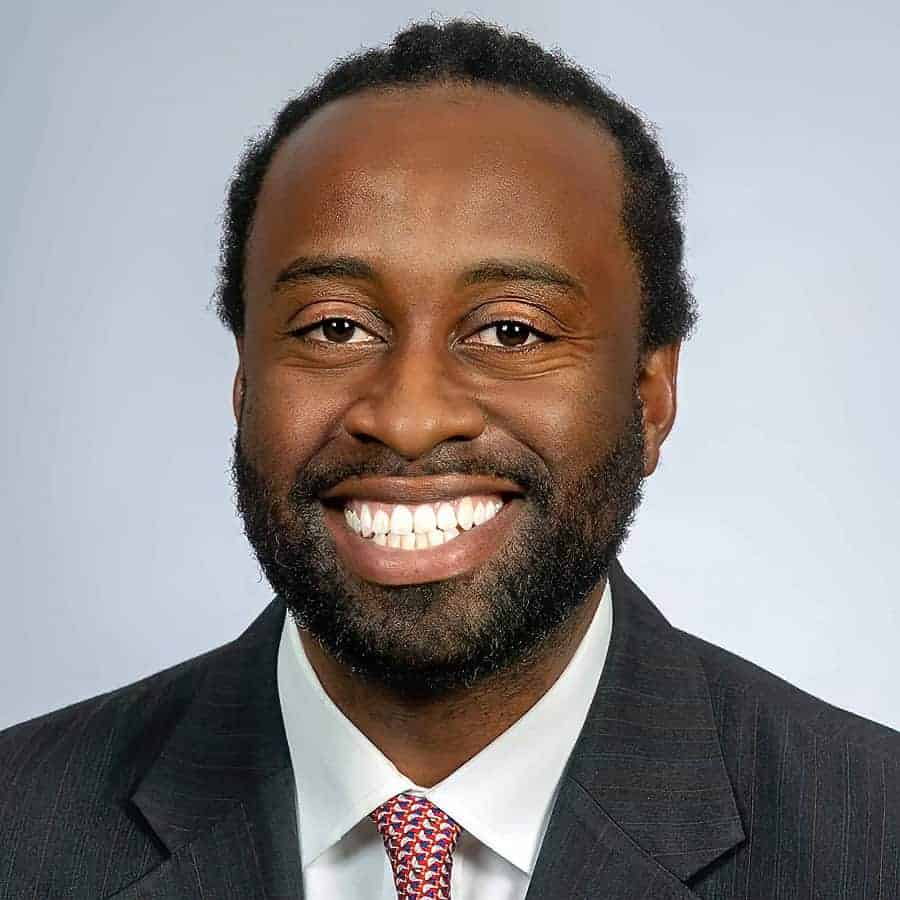In this episode, we talk with John Thornley, Ph.D., P.E., D.GE, vice president and senior geotechnical engineer at WSP in Anchorage, Alaska, about working in cold regions, studying permafrost and seismic activities, and the value of international collaboration in geotechnical engineering.
***The video version of this episode can be viewed here.***
Engineering Quotes:
Here Are Some of the Questions We Ask John:
- Can you describe the unique challenges engineers face when working in cold regions like Alaska?
- What critical effects of climate change have you observed, and how can engineers better prepare for these challenges?
- What is involved in assessing liquefaction hazards as the permafrost thaws, and what are the potential risks to infrastructure?
- Has climate change caused permafrost to thaw, requiring it to be considered in every project?
- What is the most important lesson you’ve learned from projects in Alaska where you had to relocate communities?
- As chair of the Municipality of Anchorage Geotechnical Advisory Commission, what initiatives are you currently promoting to mitigate geotechnical risk?
- How do you envision international collaboration benefiting geotechnical engineering, particularly in the study of permafrost and seismic activities?
- How do you balance your professional commitments with your hobbies like cycling and traveling, and do they benefit your work?
- What’s your final piece of advice for engineers starting in geotechnical engineering?
Here Are Some of the Key Points Discussed About Working in Cold Regions:
- Engineers in cold regions like Alaska deal with challenges like frost penetration and the effects of climate change on infrastructure, balancing long-term solutions with economic realities amid uncertain future conditions.
- Engineers see climate change causing increased water movement and thawing permafrost. To prepare, they should study the site’s history and geomorphology, and focus on managing surface water.
- Assessing liquefaction hazards as permafrost thaws means studying how frozen sands and gravels, once stable, can become prone to liquefaction. This poses risks like unstable ground and heightened vulnerability to earthquakes, impacting infrastructure stability.
- Climate change has caused permafrost thaw, making it essential to factor into every engineering project. Engineers must assess its effects on infrastructure stability and plan accordingly to ensure resilience against these changing conditions.
- From projects in Alaska involving community relocation, a crucial lesson is the need for meticulous planning and engineering. Selecting the right location and investing in resilient infrastructure upfront ensures long-term safety and sustainability amid climate challenges.
- John, as chair of the Municipality of Anchorage Geotechnical Advisory Commission, is promoting initiatives to reduce geotechnical risks by identifying high-risk building areas, enforcing strong building codes for earthquake safety, and pushing for consistent enforcement citywide.
- International collaboration in geotechnical engineering, particularly in permafrost and seismic studies, offers diverse insights and innovative solutions. By sharing research and practices globally, engineers can improve understanding and develop more resilient infrastructure designs capable of withstanding diverse climate challenges effectively.
- Balancing professional commitments with hobbies like cycling and traveling involves effective time management. Cycling provides solitude for reflection, which helps in problem-solving, while traveling to conferences enriches both professional growth and personal experiences, inspiring innovative approaches to geotechnical engineering challenges.
- For engineers starting in geotechnical engineering, active participation in professional organizations like ASCE or the Earthquake Engineering Research Institute is crucial. These communities provide valuable networking opportunities and exposure to diverse perspectives that can accelerate career development in the field.
More Details in This Episode…
About the Guest: John Thornley, Ph.D., P.E., D.GE

John is an Eagle Scout and is also a Returned Peace Corps Volunteer. In his free time, John loves to travel to France with his wife, Terri, and is a fanatic about anything bicycles.
About the Host: Jared M. Green, P.E., BC.GE, F.ASCE

Jared is a consultant and team leader who also enjoys mentoring young engineers and first-generation college students. He has been instrumental in increasing the number of pre-college students who are interested in STEAM majors and fields. He strives to make complex engineering topics relatable and understandable to people new to the field and to people who are completely unfamiliar with engineering. Jared and his family currently reside in Flemington, New Jersey. He and his wife have three energetic, inquisitive, and awesome children. You can connect with Jared here.
Sources/References:
WSP
University of Nevada
University of Strathclyde in Glasgow
University of Alaska Anchorage
Municipality of Anchorage Geotechnical Advisory Commission
U.S. Permafrost Association
American Society of Civil Engineers (ASCE)
Earthquake Engineering Research Institute (EERI)
Connect with John Thornley, Ph.D., P.E., D.GE, on LinkedIn
This Episode Is Brought to You by Tensar

Please leave your comments or questions in the section below on what you think are the most valuable skills for working successfully in cold regions.













